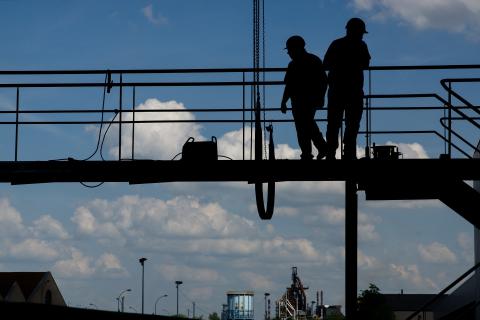
Region: Global
Country: Global / Non-Specific
Sector: Energy and Power
Topic: Gender Impact
Keywords: Energy and Power
Document Link(s):
Document Details:
Getting to Gender Equality in Electricity Infrastructure: Lessons from Electricity Generation, Transmission, and Distribution Projects examines the social and gender footprint of large-scale electricity generation, transmission, and distribution projects to establish a foundation on which further research and replication of good practices can be built. The main impact pathways analyzed are access to land and labor markets, along with social sustainability considerations, including health and education. The study adopted this approach because, according to the World Development Report 2012, gender equality in access to land and labor markets matters for women’s agency and empowerment. In addition, the study considers the role of the energy utilities and businesses to better understand the roles of various stakeholder. The study’s mixed-methods research approach comprises critical in-country qualitative and quantitative field research, along with extensive literature and portfolio reviews. Qualitative analyses of several projects distinguished by their project type, energy source, and geographical representativeness were conducted to better understand how infrastructure construction can change the lives of local people. The World Bank Group (WBG) portfolio review provides guidance on how to operationalize good practices and lessons learned to move the energy-gender agenda forward. The study’s primary audiences are energy task teams and social and gender specialists of the WBG and other leading development agencies, along with energy practitioners seeking better ways to address the gender aspects of energy infrastructure projects throughout the project and lending cycles.
Updated: October 25, 2021